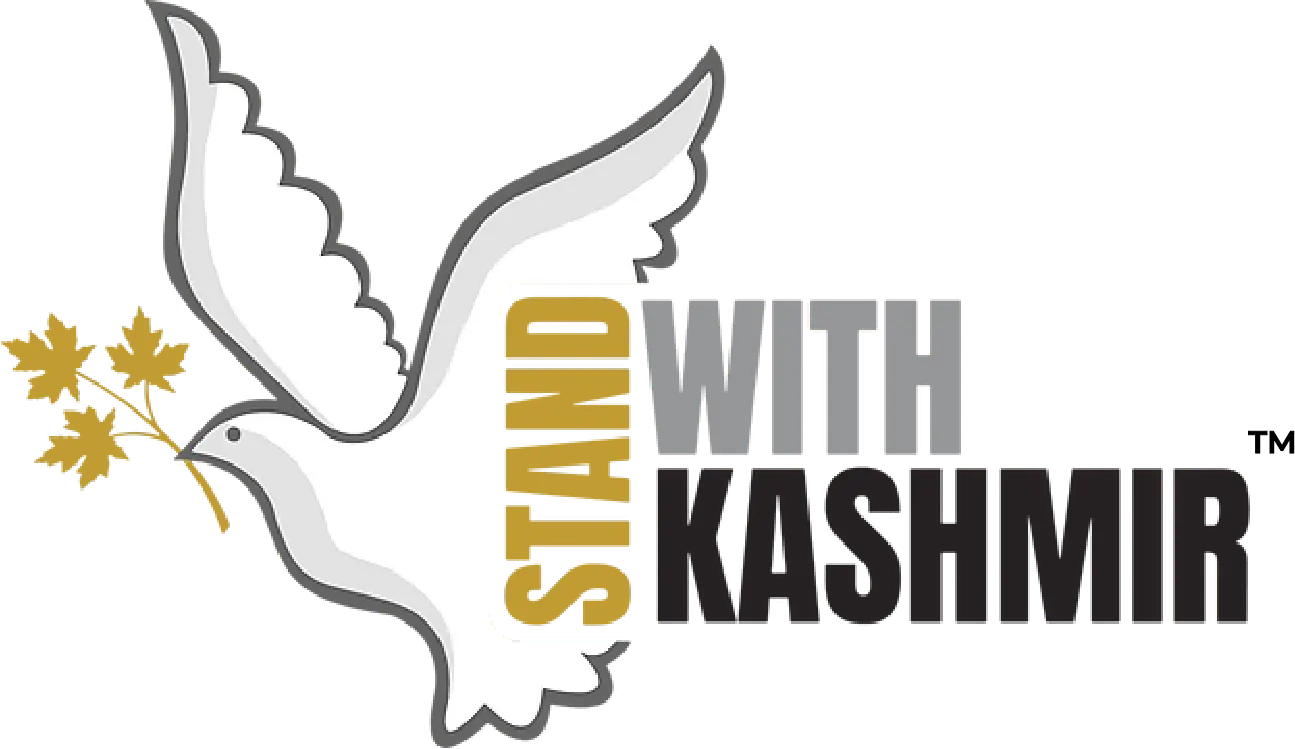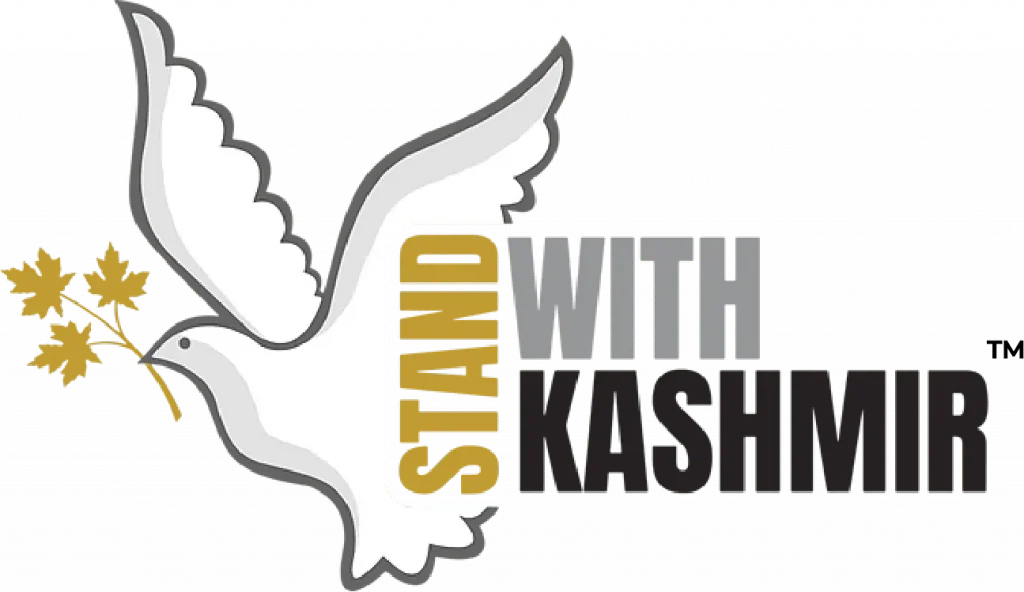When the Muslims of Uri (Jammu) were celebrating the last Friday of Holy Ramadan, they were fired upon by the Dogra Forces as they were peacefully protesting against the massacres of Muslim civilians by the state forces during the month of January earlier that year, as a result, 9 lives were lost and dozens injured.
February
February 5, 1932
Uri Massacre
February 7, 2004
Pethwari Behak incident
Five civilians were killed after they were dragged out of their homes and used as human shield in an encounter between pro-freedom rebels and indian occupational troops.
According to the residents, soldiers dumped the bodies of the five civilians in a Kotha (hut) and were putting combat uniform on the dead bodies and preparing for a Panchalthan (where five civilians were killed and labelled as foreign mercenaries) type drama when some people ‘stormed’ the Kotha and snatched away the dead. “Had we not reached in time, they (troops) would have torched the hut amid firing and claimed death of five more Pakistani terrorists in the encounter”,
February 12, 1984
Hanging of Maqbool Bhat
The pioneer of Kashmir’s struggle for independence, Muhammad Maqbool Bhat, is hanged in Tihar Jail, New Delhi (India’s capital). His body is still buried in the prison compound and not handed over to the family. The hanging of Maqbool Bhat led to widespread protests and arrests in Kashmir.
Five years after his hanging, the first commander-in-chief of the armed resistance movement, Ashfaq Majeed Wani dug a grave in Srinagar marked for Maqbool Bhat. That grave, besides the grave for Afzal Guru who was hanged and buried in the same jail years later, remains empty to this day.
Ashfaq Majeed was one of the four members of the HAJY, the core group of the JKLF and the architect of the 1989 uprising against India rule. Majeed Wani was killed in an encounter with Indian armed forces in 1990.
Febraury 22, 2006
Dodhipora Massacre
The Indian army opened indiscriminate fire on a group of 20 boys who were playing cricket in an open field, killing four of them on the spot. The following day, large demonstrations were held in Handwara, Kupwara and other towns and police used force to disperse the demonstrators, leaving 15 people injured.
February 23, 1991
Kunan Poshpora Mass Rape / Kashmiri Women's Resistance Day
On the intervening night of February 23/24, at least 400 armed troopers from 4 Rajputana Rifles cordoned off the twin villages of Kunan and Poshpora in District Kupwara at around 11:30 pm. During the cordon, the army men dragged out all the men and took them to a makeshift barn, where they were tortured. They then forcefully entered homes and gang-raped between 23 and 100 women, including at least 3 minors.
The Indian army has denied the accusations and delayed investigation of the incident, concluded the allegations were “worthless” and no one was prosecuted for the alleged crimes. Impunity for systematic or isolated sexual violence and brutalities committed by the Indian armed forces has been legitimized by the Armed Forces (Special Powers) Act (AFSPA).
Every year since 2014, 23rd February is commemorated as Kashmiri Women’s Resistance Day, inspired by the struggles of the survivors of mass rape and torture in the twin villages of Kunan and Poshpora.
Please contact us regarding any event detail
or edit that you may have for the dates on this page
©2025 StandWithKashmir All rights reserved. SWK is a 501(c)(3) non-for-profit organization.

